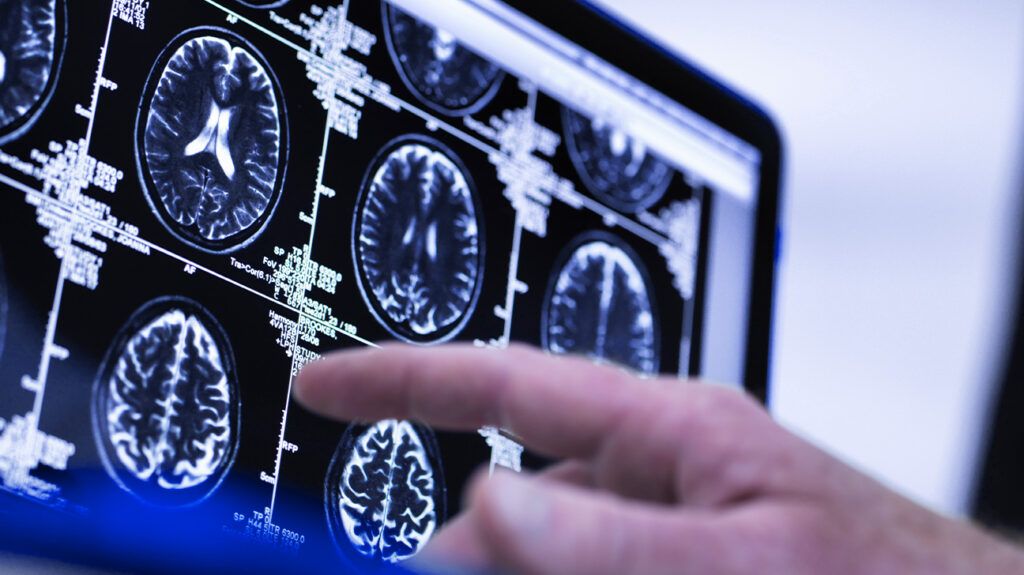Scientists Focus on Tendon Cells to Minimize Surgical Scarring

New research identifies how targeting specific tendon cells during healing can reduce scarring and improve recovery, paving the way for advanced regenerative treatments.
Tendon injuries have long been a complex challenge within musculoskeletal medicine, often resulting in excessive scar formation that impairs function. Recent research from the University of Rochester has uncovered new insights by targeting specific cells involved in tendon healing. The study emphasizes the role of epitenon cells, a layer surrounding the tendon that influences the repair process. These cells can both promote effective healing and contribute to problematic scar tissue depending on their location and activity during recovery.
Traditionally considered a simple rope-like structure, tendons are now recognized as intricate tissues with diverse cell populations that orchestrate the healing process. Researchers utilized advanced genetic tracing and single-cell RNA sequencing to identify and manipulate epitenon cells in mice, revealing that timely suppression of these cells during critical healing phases significantly enhances tendon mobility.
One key discovery highlighted the importance of spatial and temporal factors, showing that epitenon cells can either assist in tissue regeneration or lead to excess fibrosis. When these cells were inhibited during an optimal window, mice experienced better range of motion, suggesting a promising pathway to improve human tendon healing.
Further, the team compared mouse epitenon cells with human tissues, noting similar characteristics and roles in scar formation. This suggests that targeted therapies developed from these findings could translate into improved treatment options for tendon injuries in humans, reducing the need for secondary surgeries and long-term complications.
This groundbreaking research sheds light on the sophisticated cellular dynamics within tendons, opening doors to new regenerative therapies that could transform recovery outcomes for millions affected by tendon injuries annually.
Source: https://medicalxpress.com/news/2025-08-scientists-individual-tendon-cells-scarring.html
Stay Updated with Mia's Feed
Get the latest health & wellness insights delivered straight to your inbox.
Related Articles
Distinct Brain Connectivity Patterns Differentiate Autism and ADHD, New Study Shows
A recent study reveals that autism and ADHD have unique brain connectivity signatures, improving understanding of their neurobiological differences and aiding in future diagnostics and treatment approaches.
Emphasizing the Necessity of Long-Term, Holistic Care for Gun Violence Survivors
A recent review stresses the critical importance of long-term, holistic medical and psychological care for gun violence survivors to improve recovery outcomes and prevent reinjury in the U.S.
Single Brain Scan Could Predict Risk of Age-Related Conditions Like Dementia
A new MRI-based biomarker, DunedinPACNI, developed by researchers, can predict individual aging rates from a single brain scan at midlife, enabling early intervention for age-related diseases like dementia.
Impact of Microgravity on Gum Health: Space Conditions May Accelerate Inflammation and Bone Loss
Microgravity conditions in space can accelerate gum inflammation and bone loss, increasing the risk of periodontal disease among astronauts. New research highlights the need for specialized dental care in long-term space missions.



